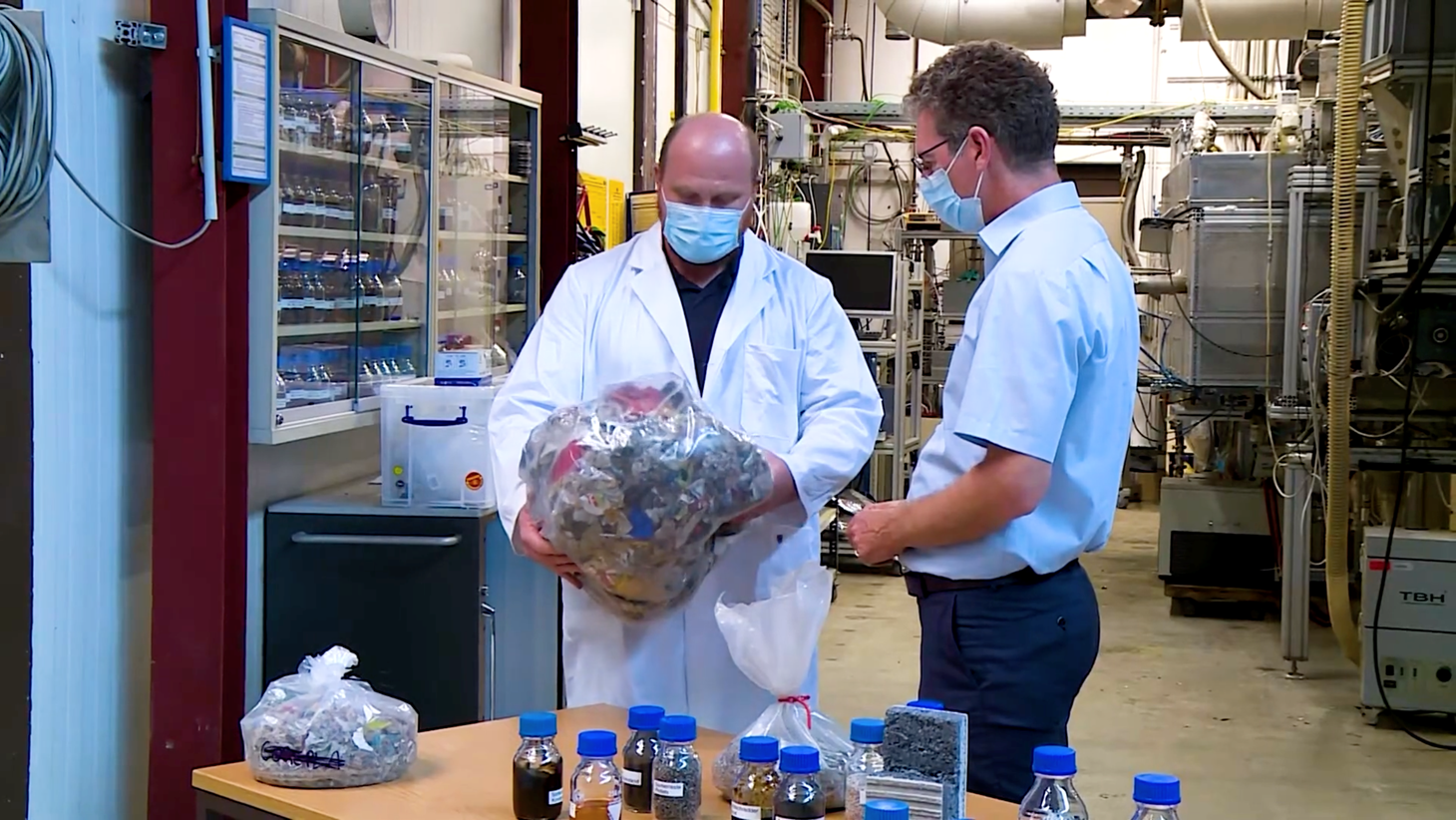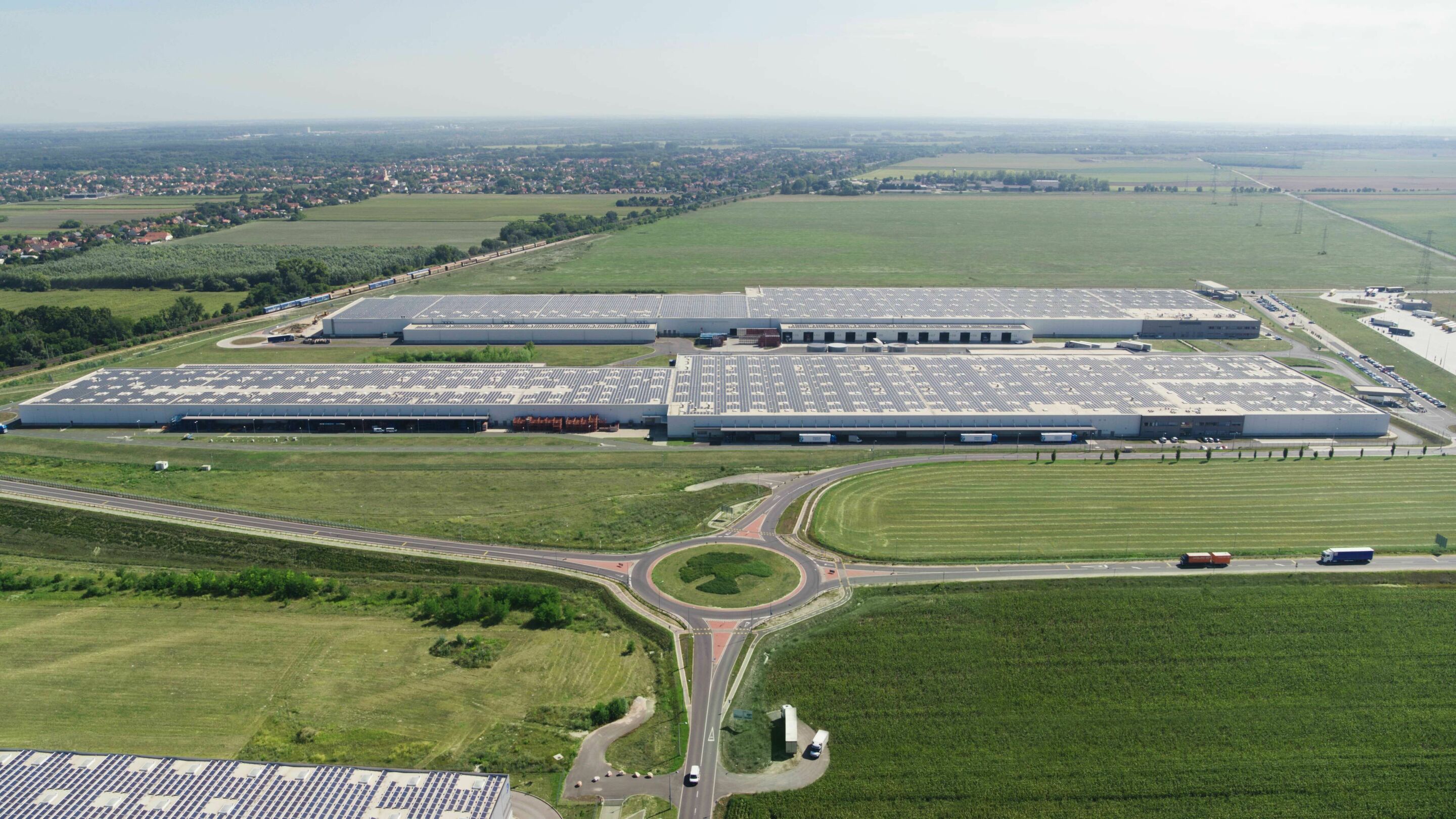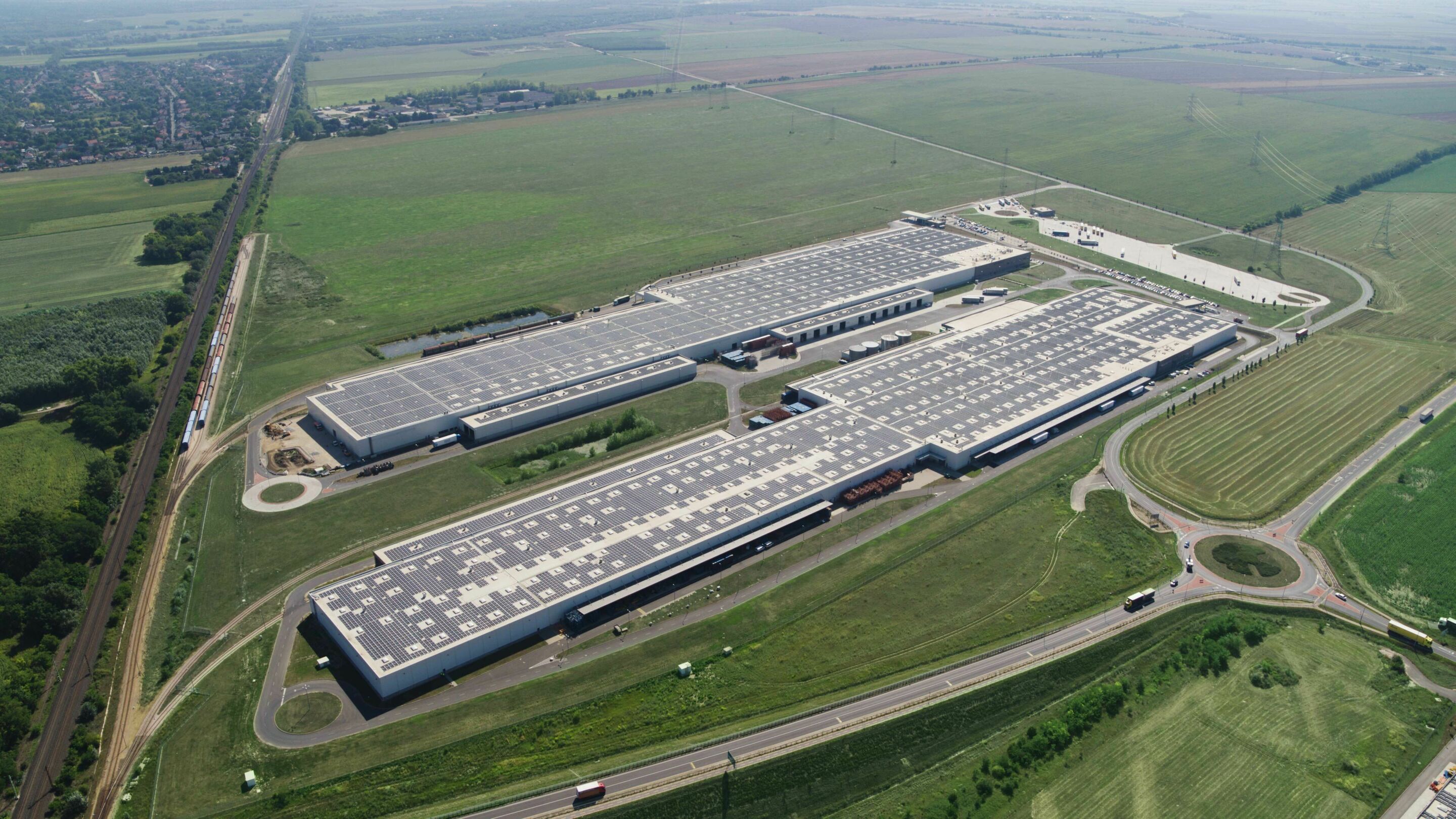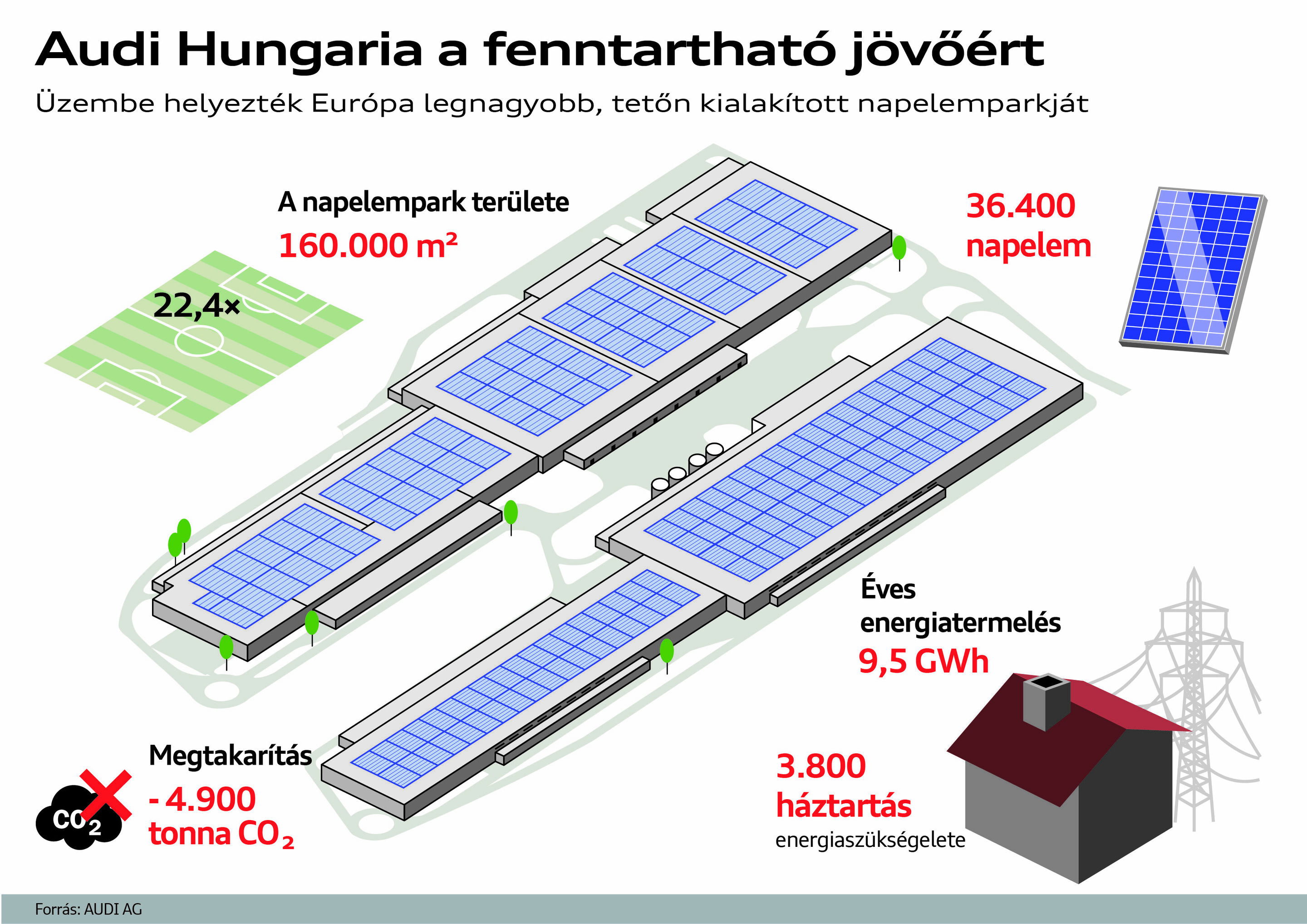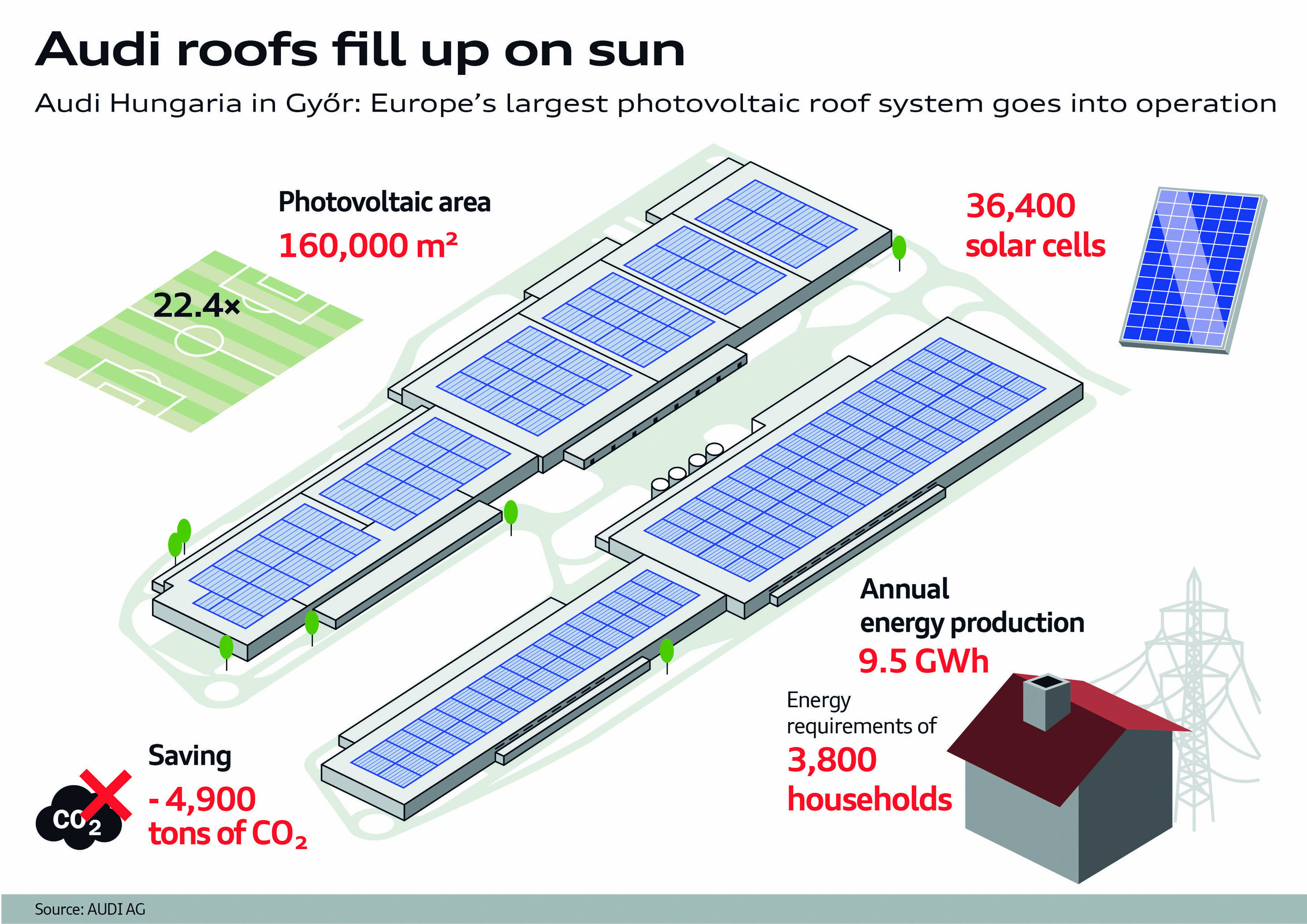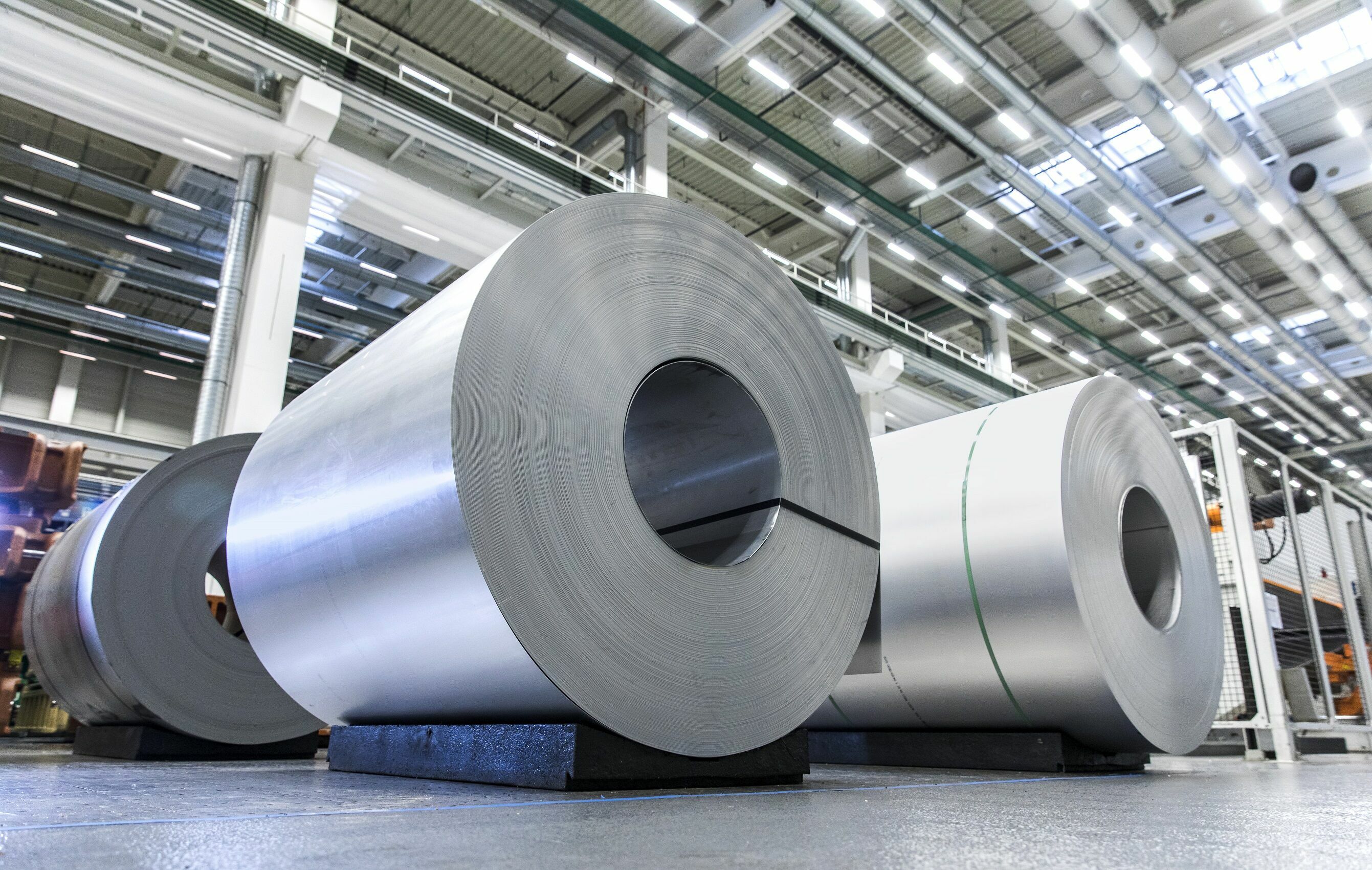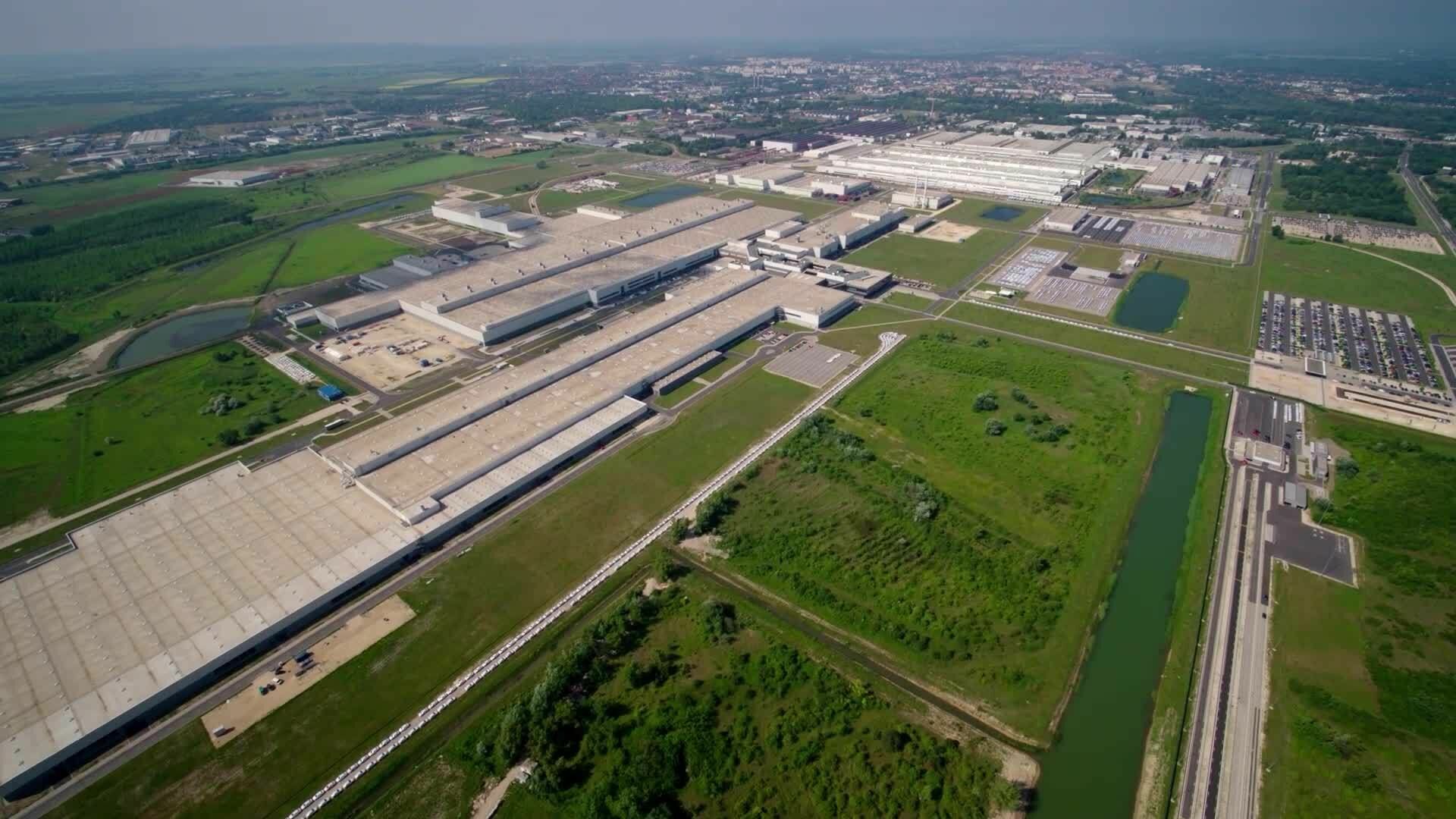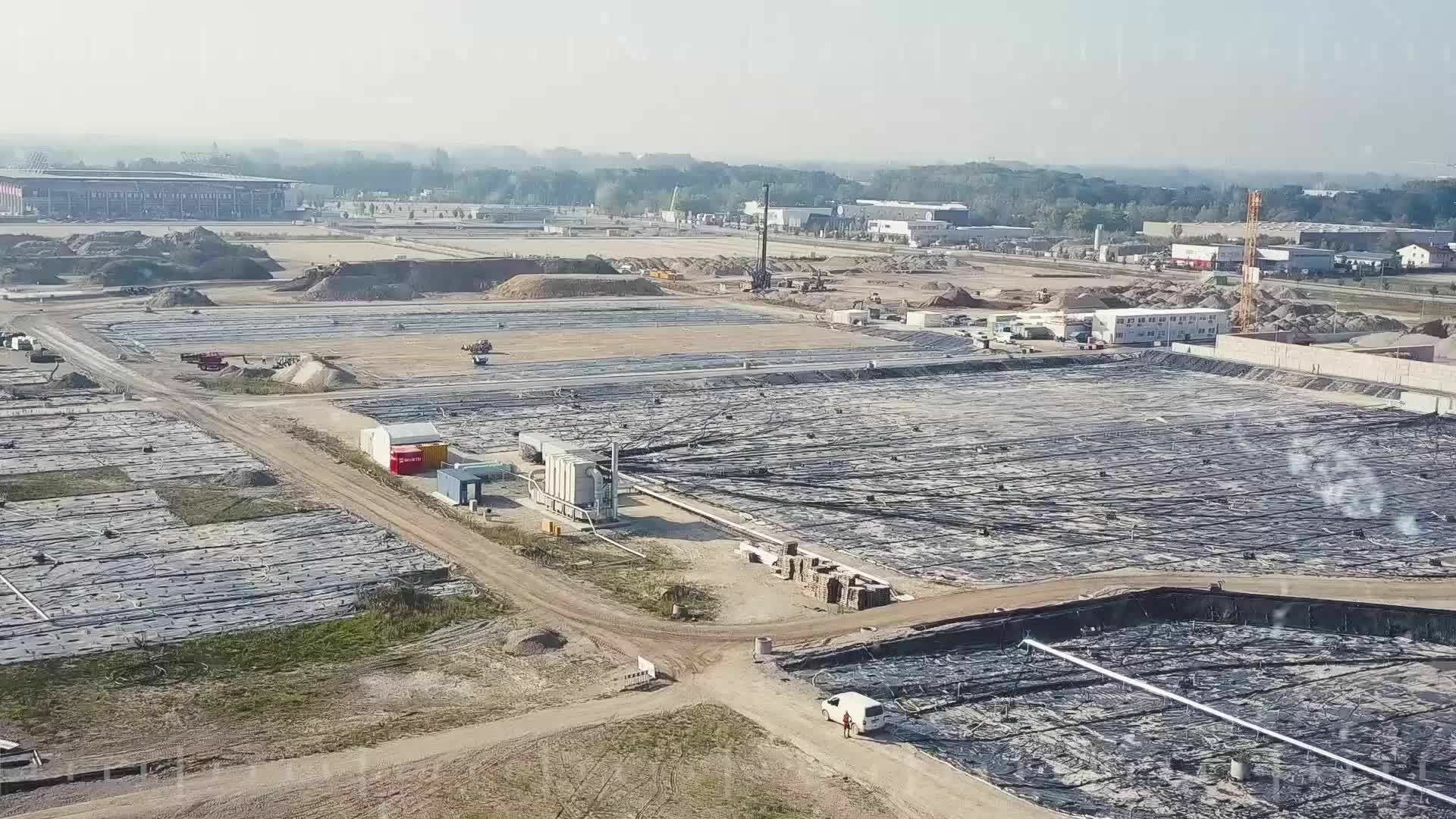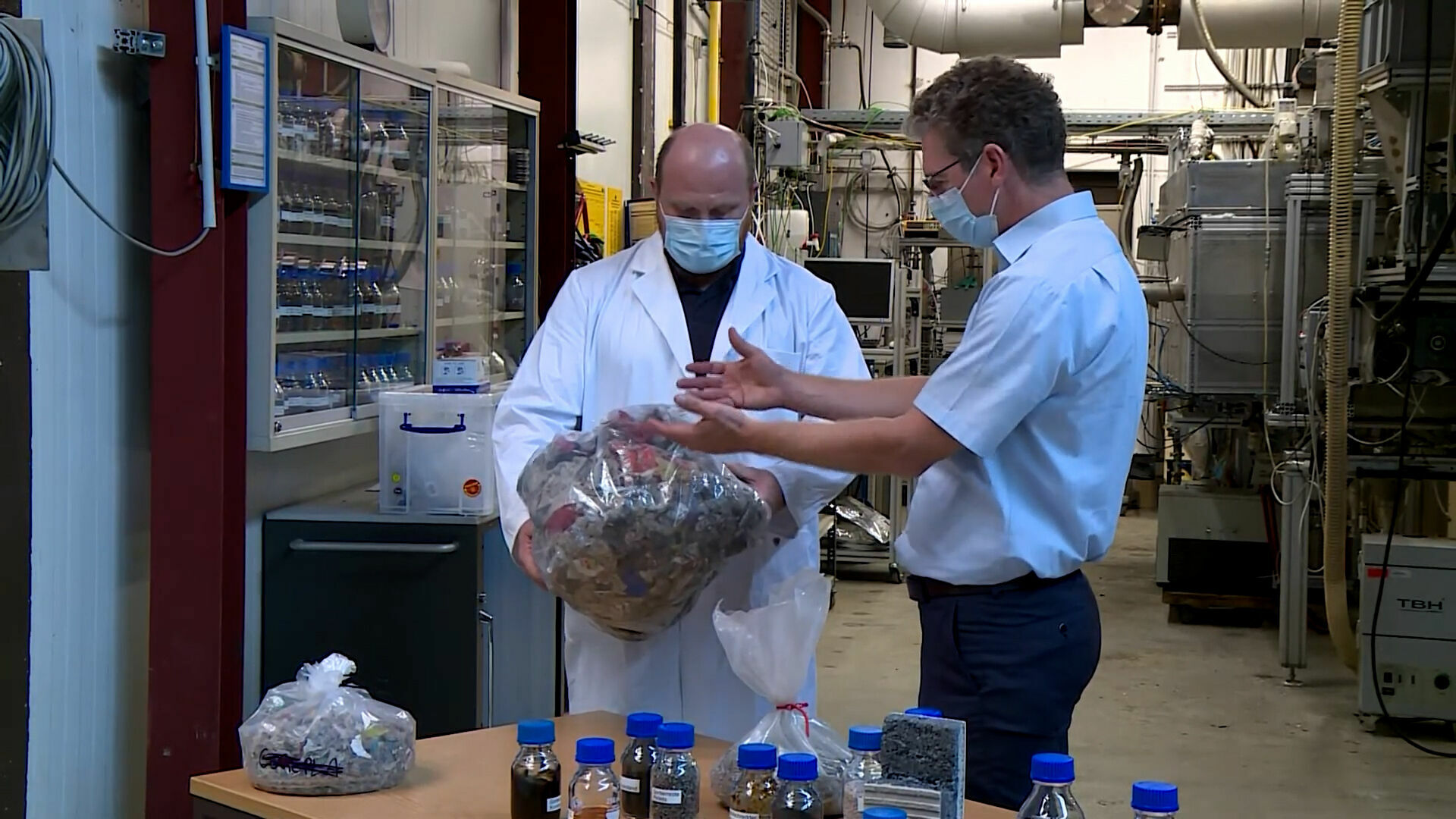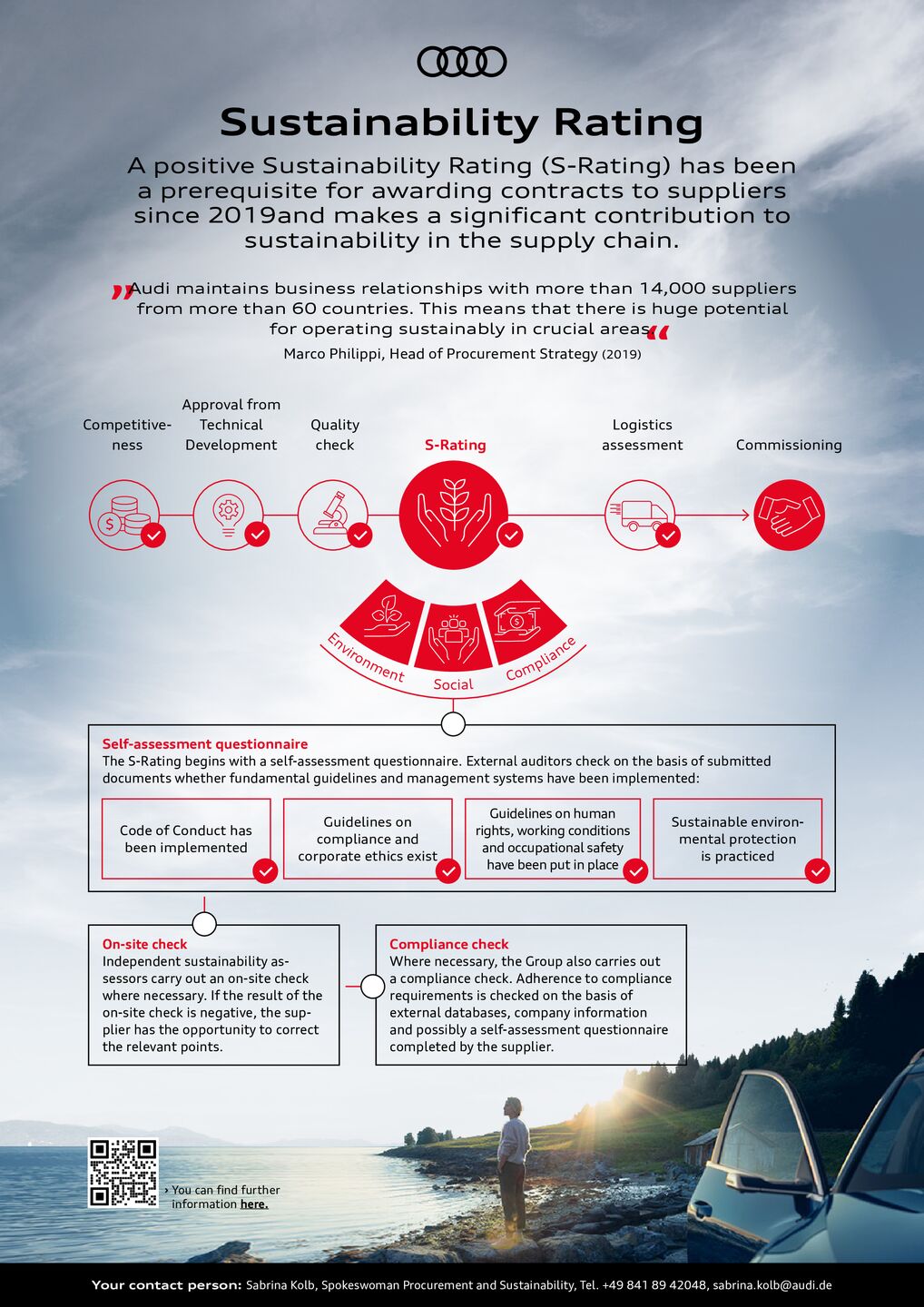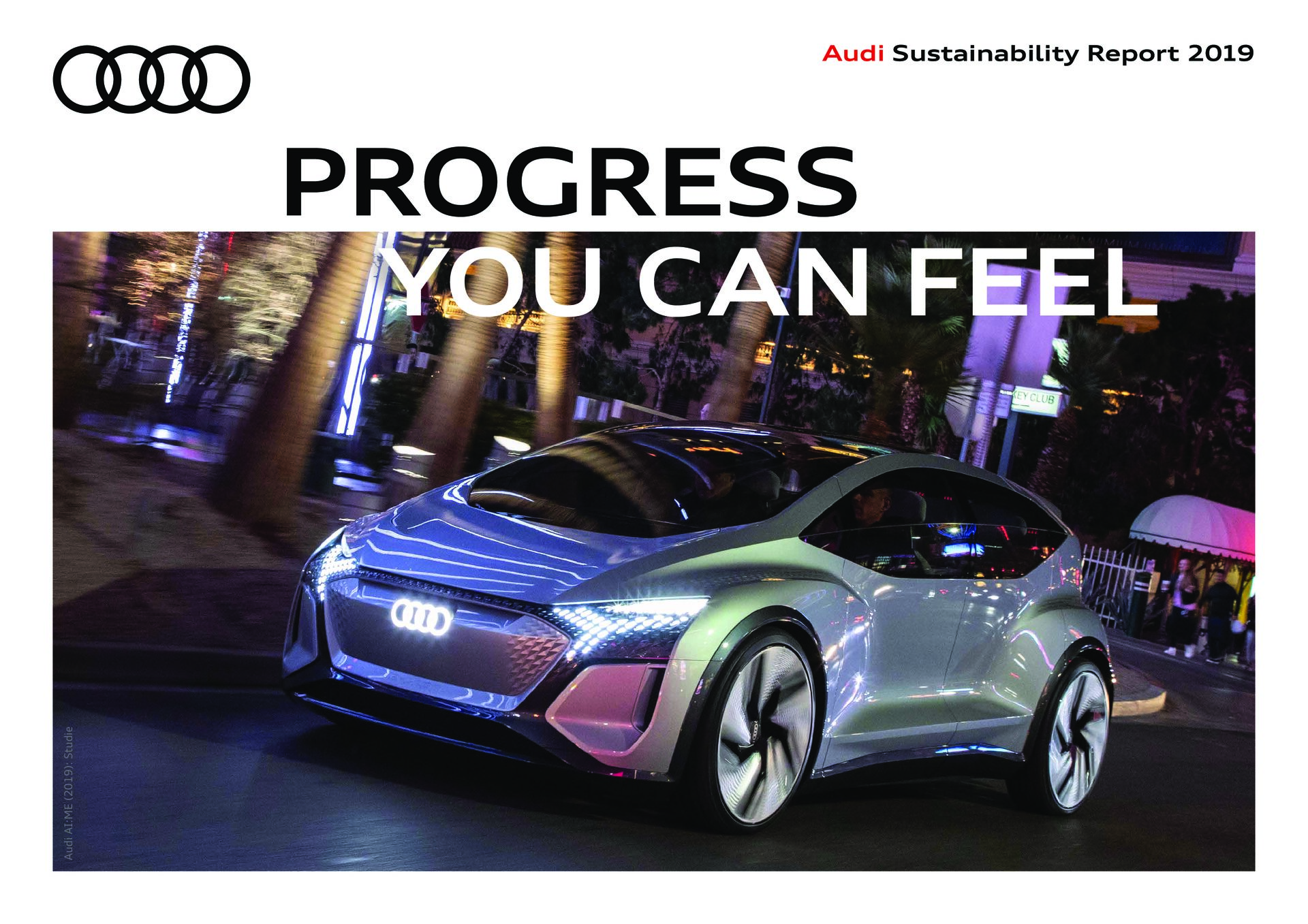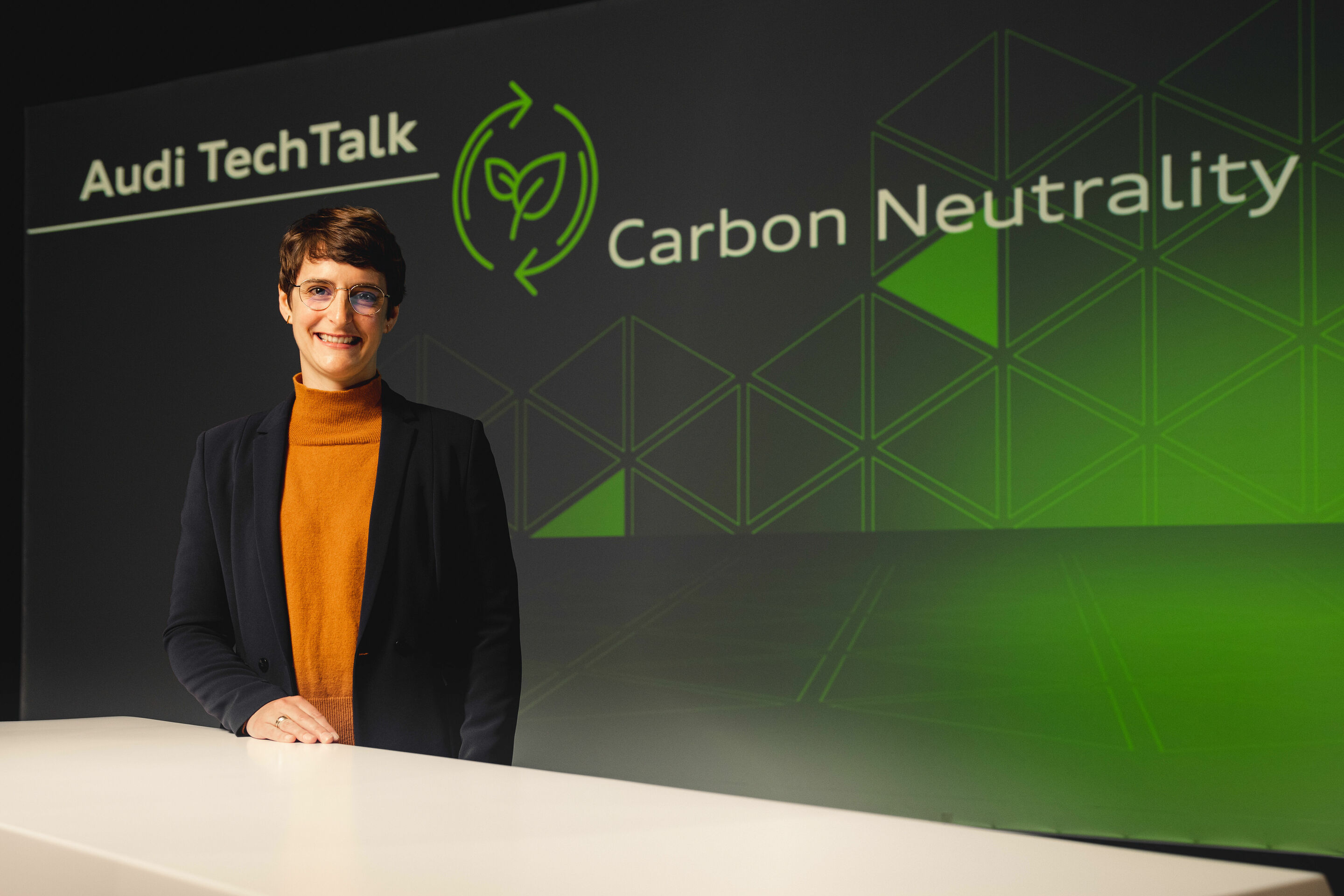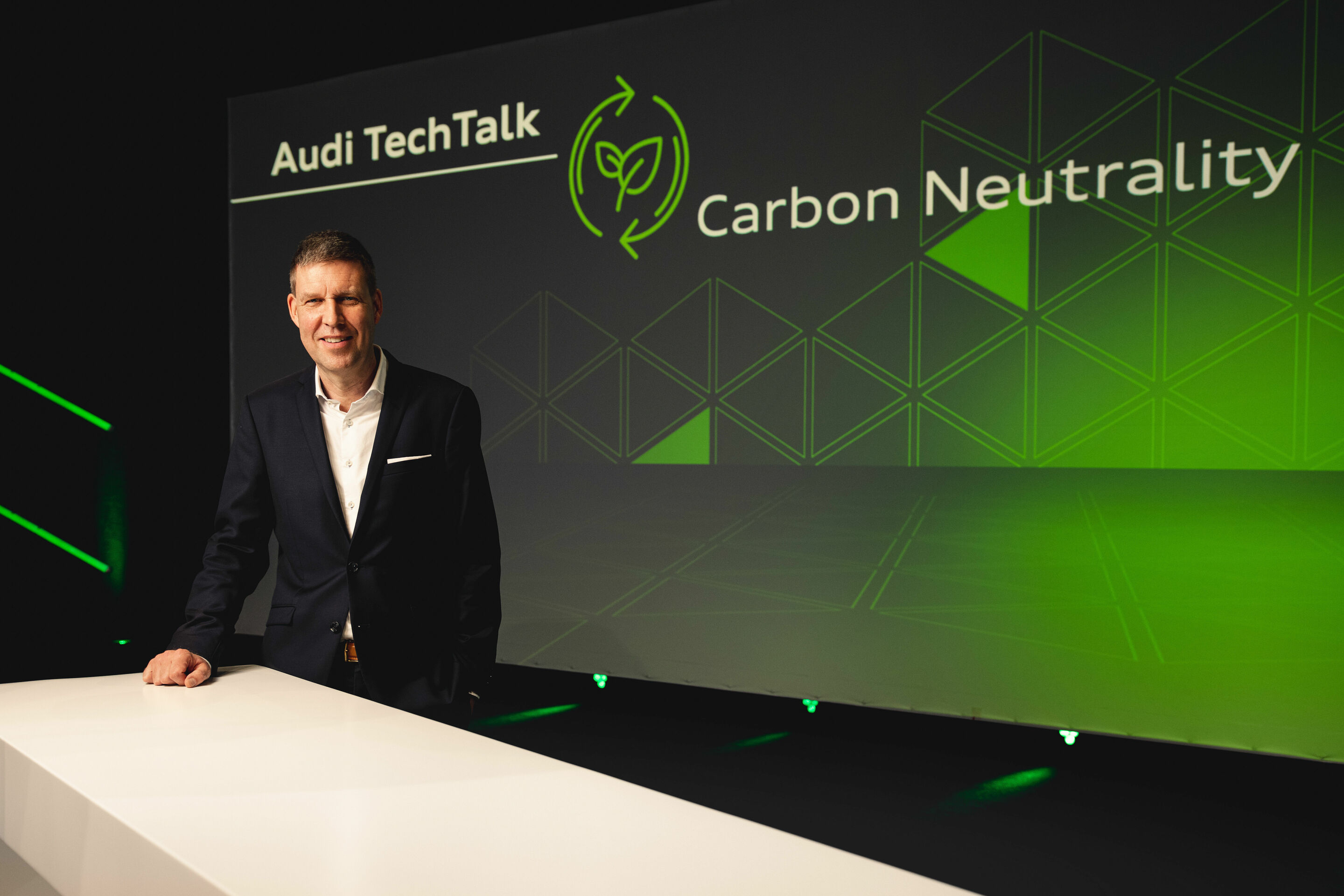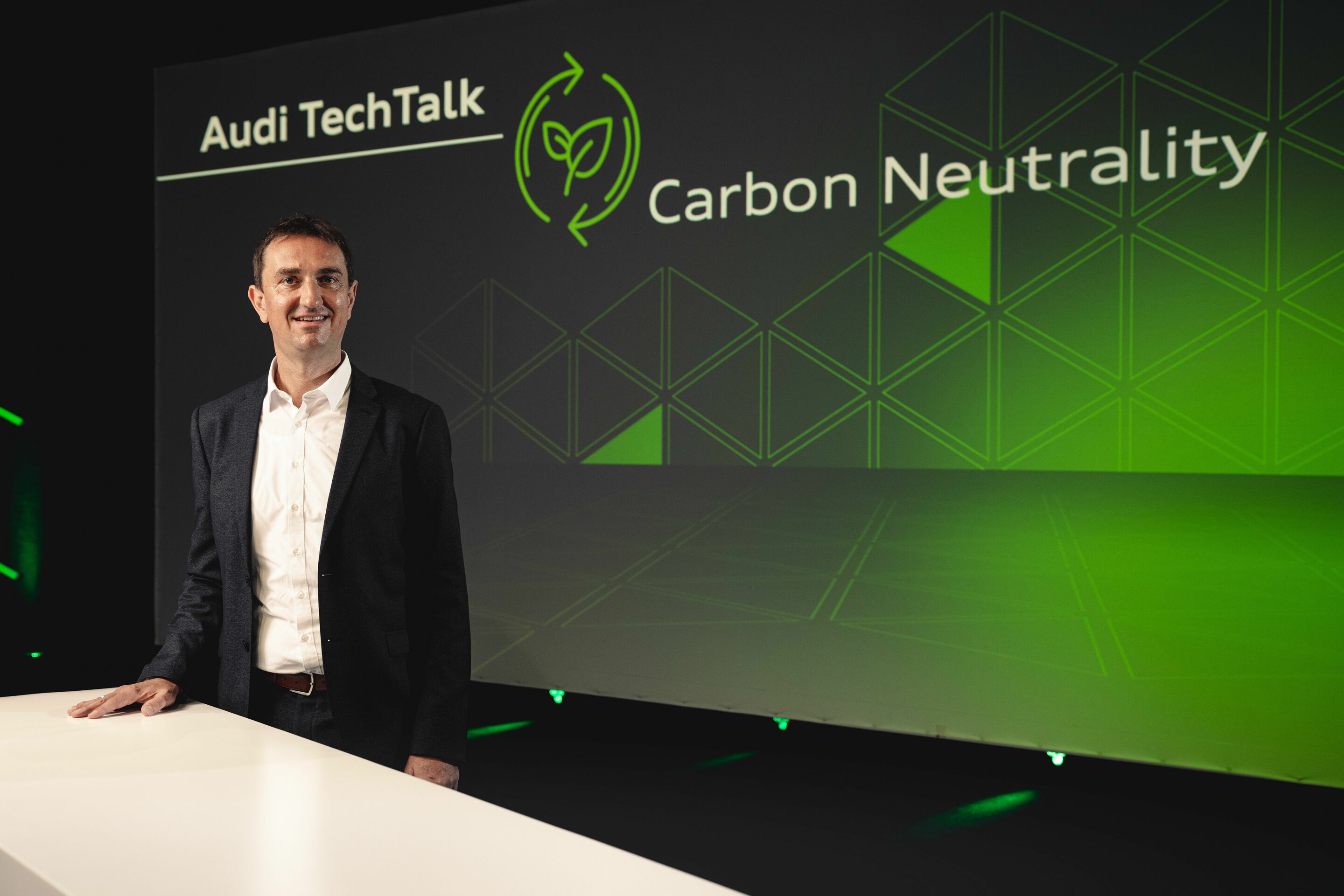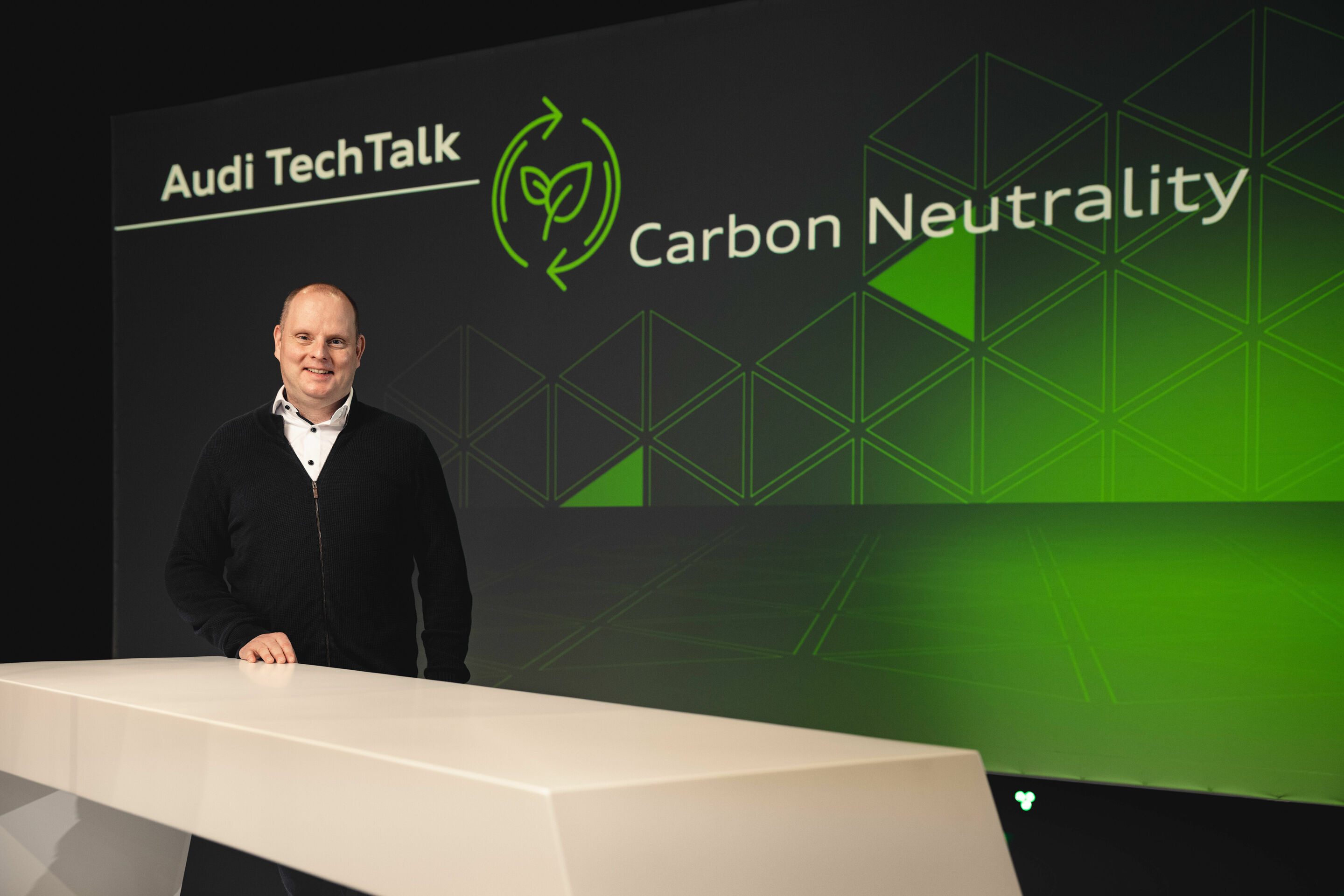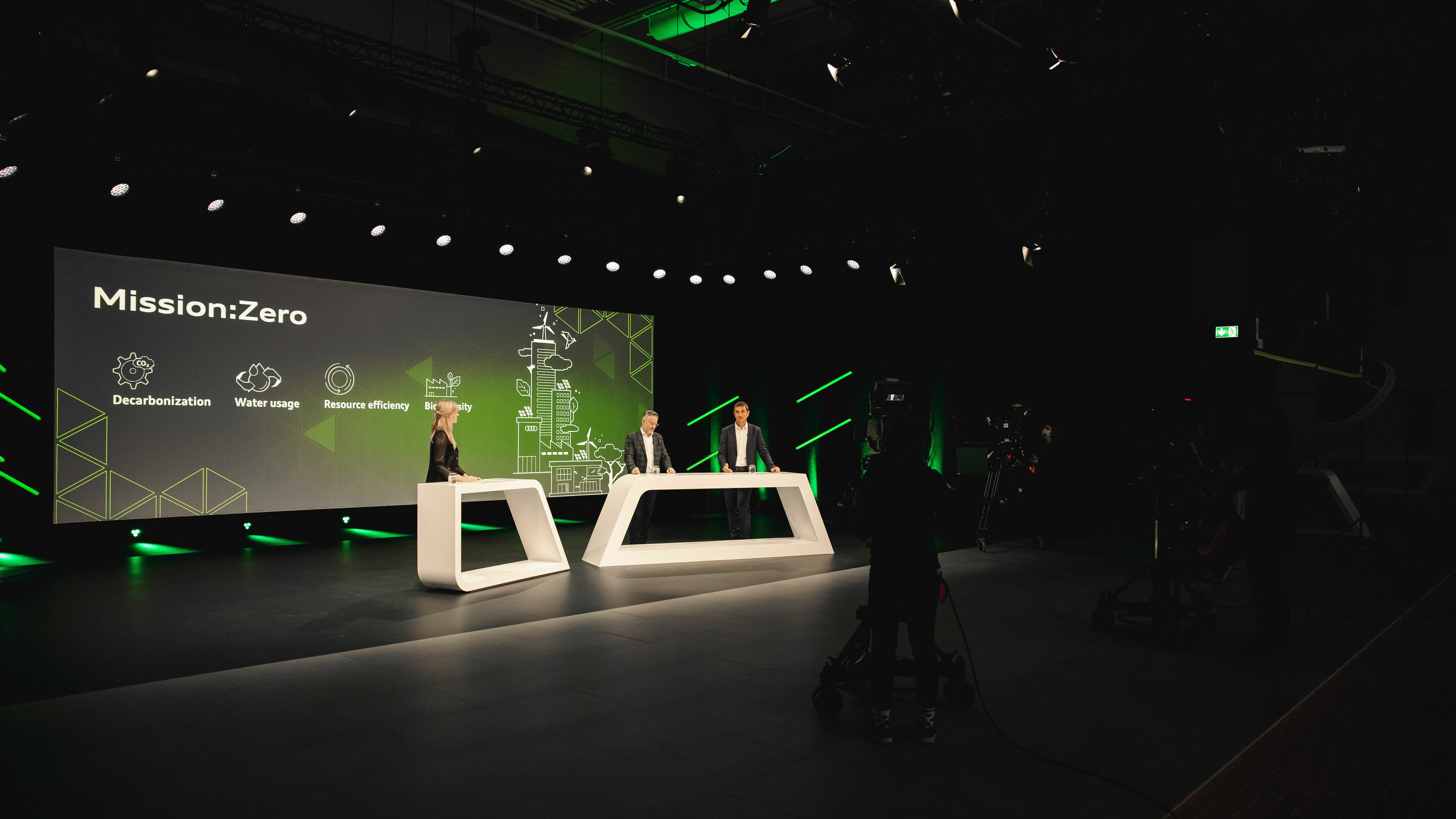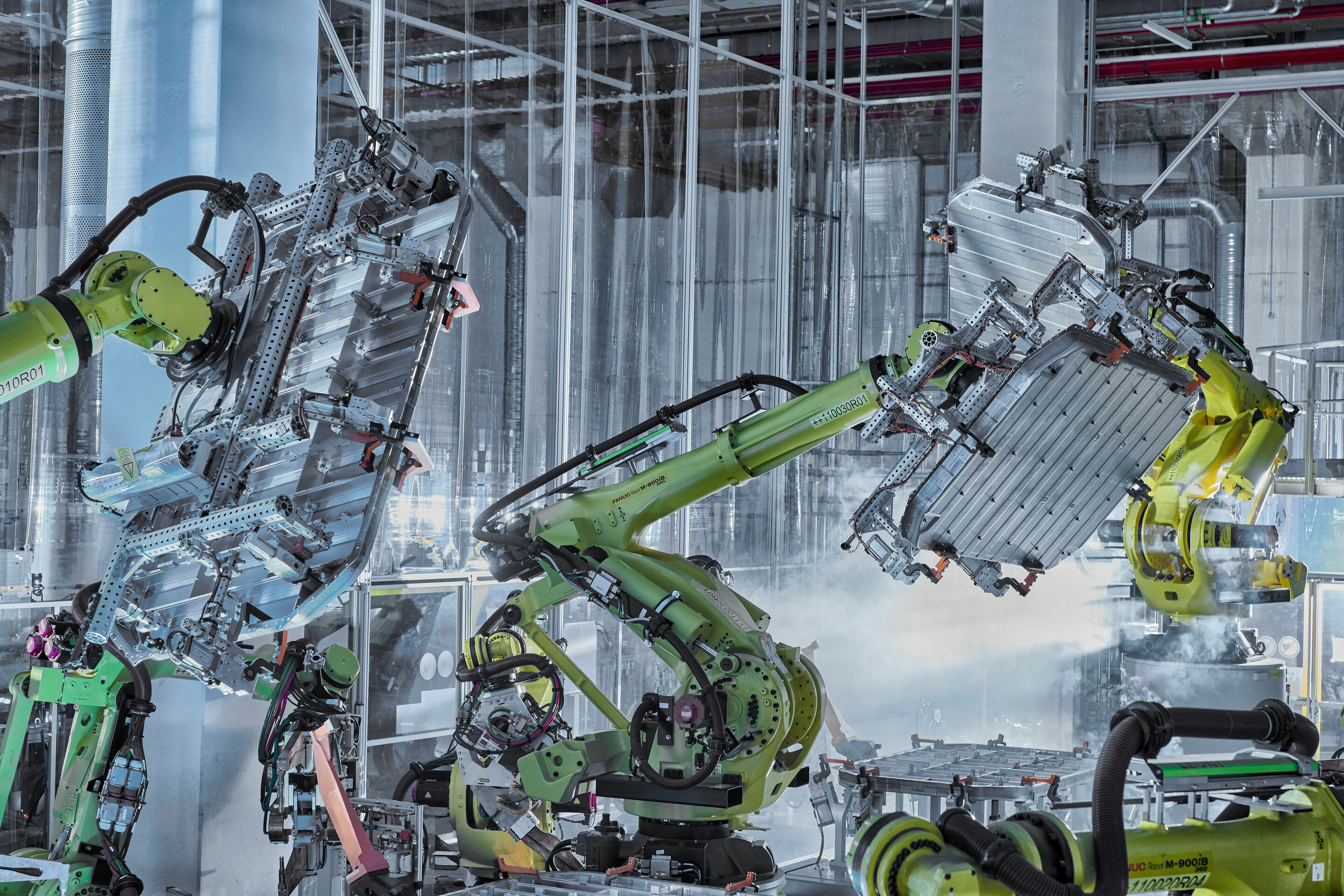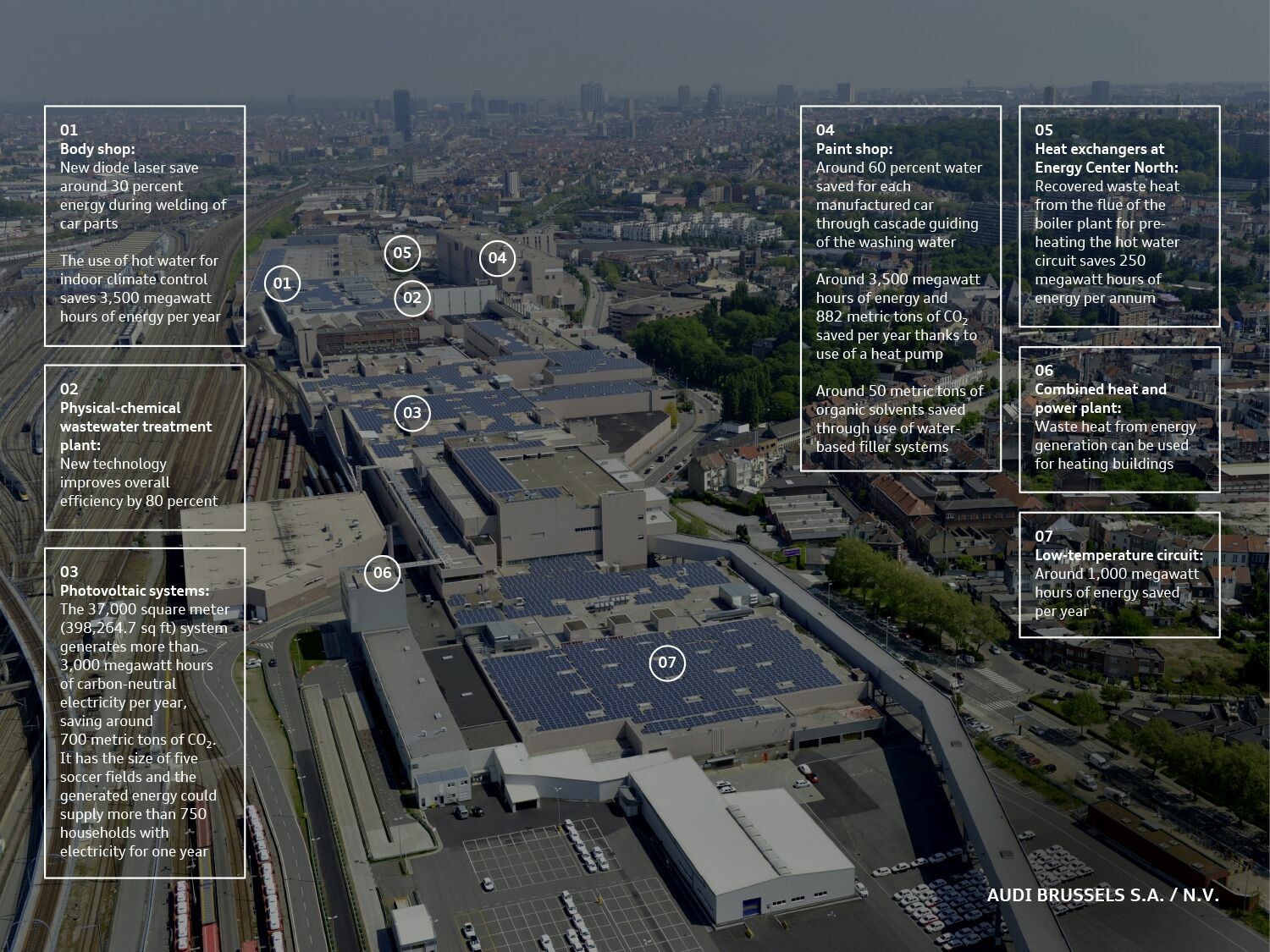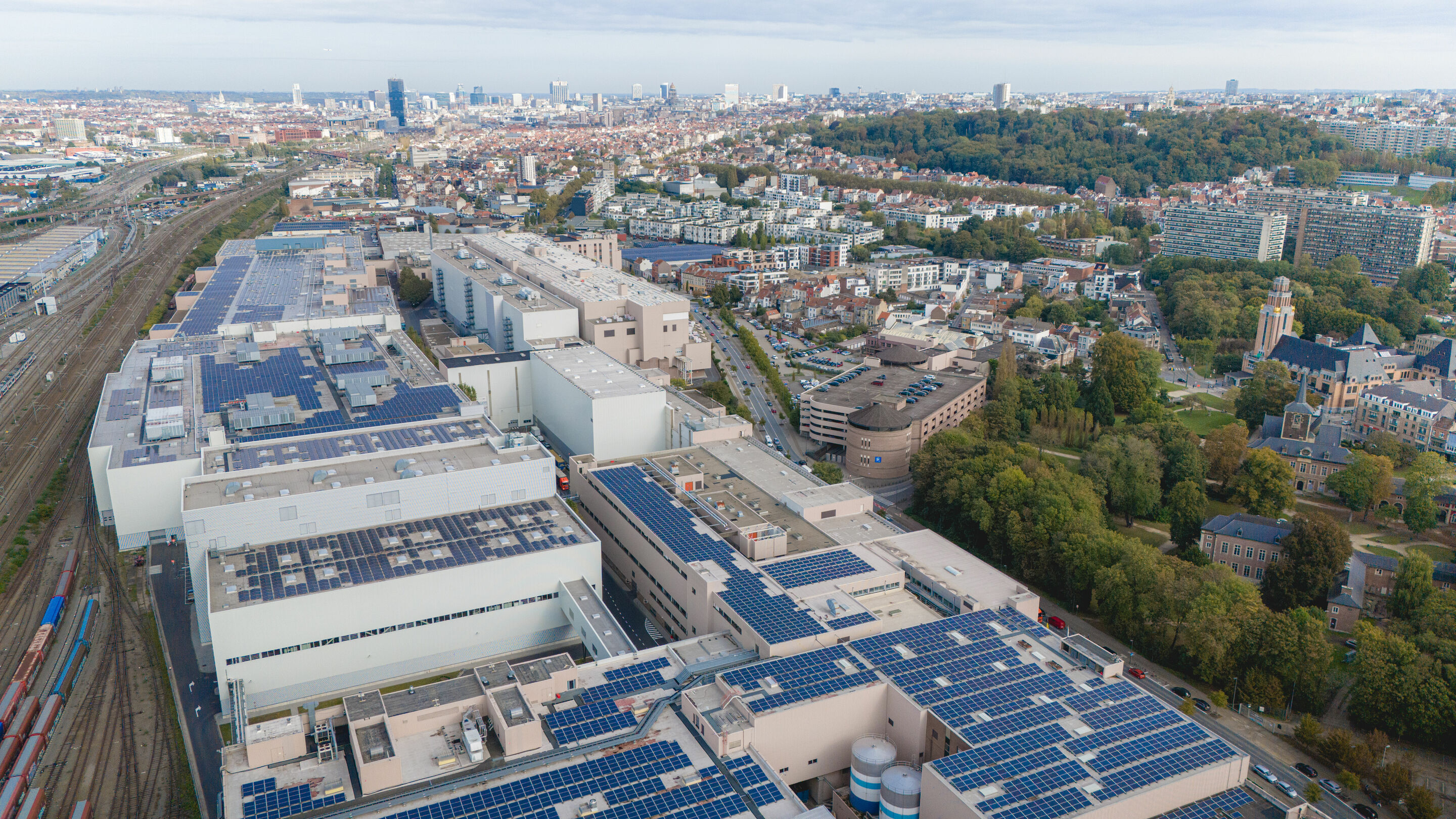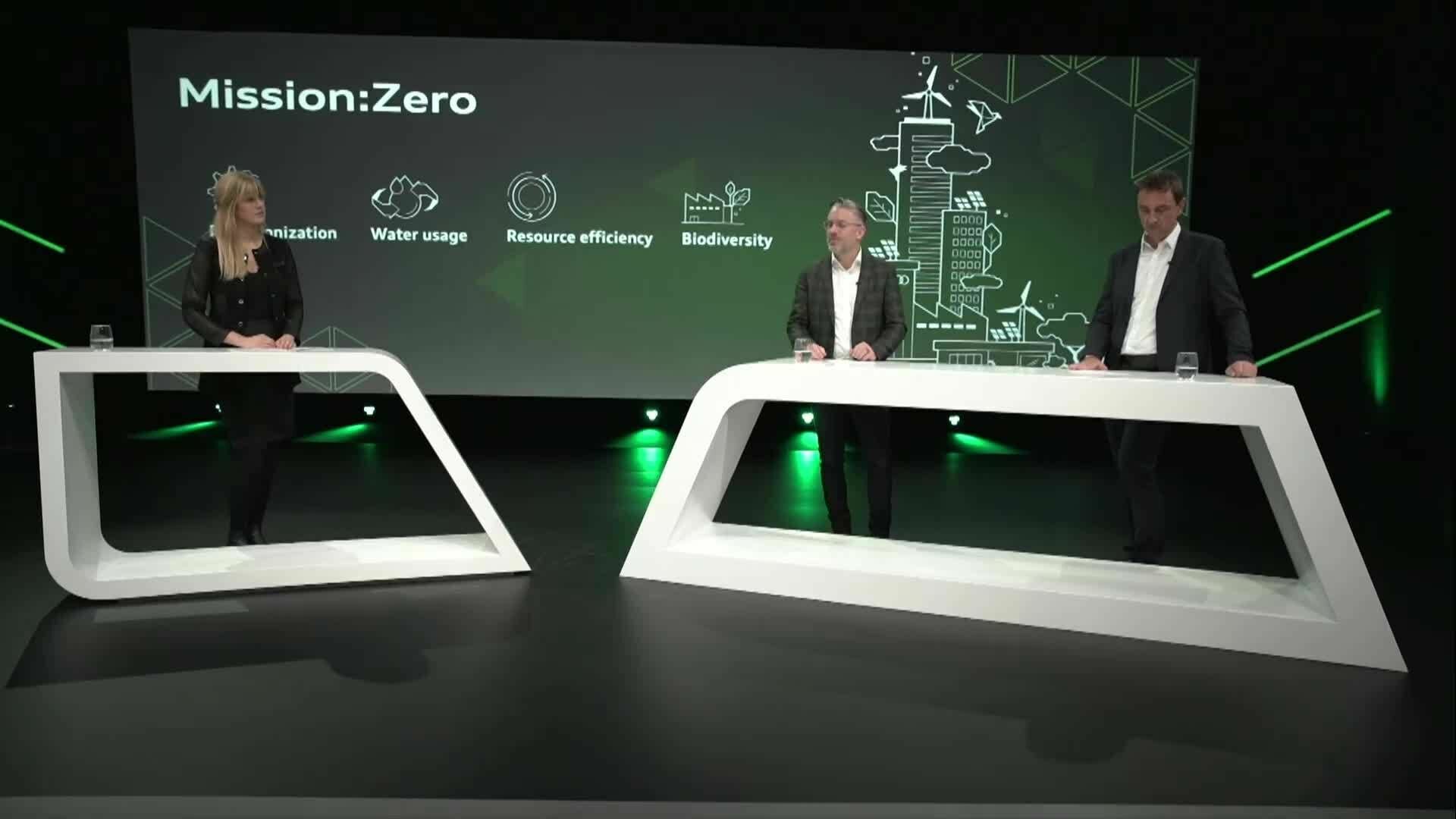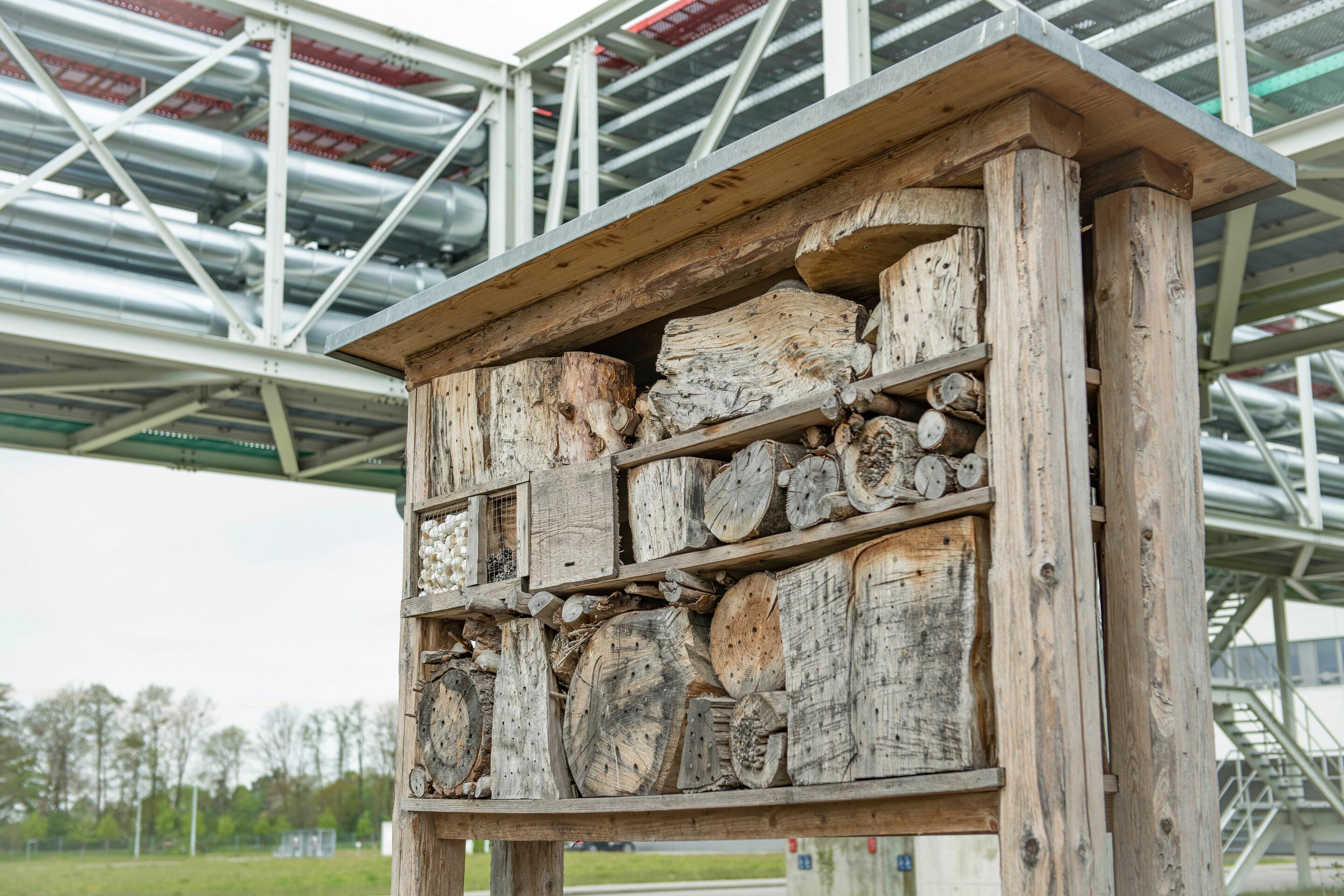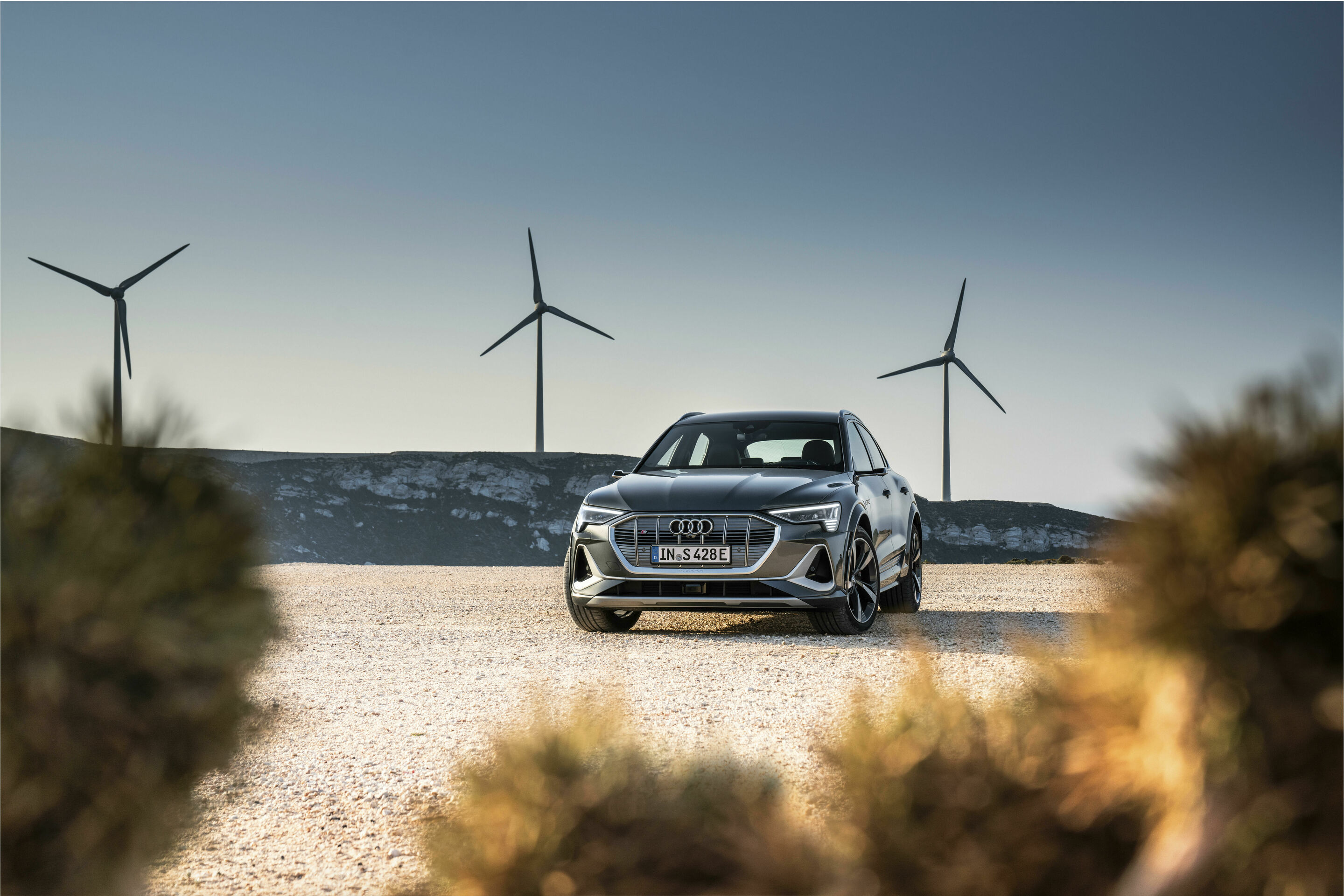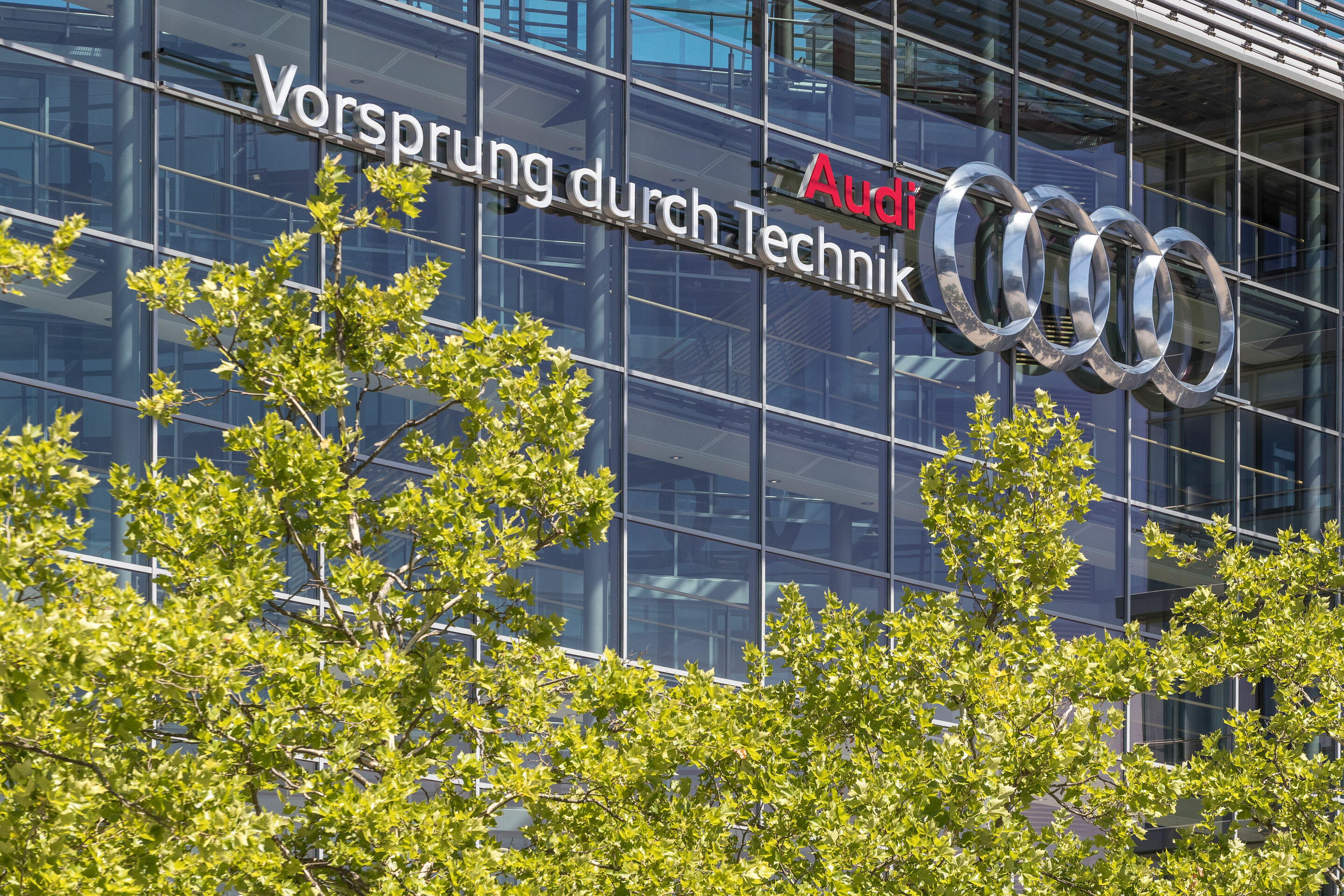Audi TechTalk Carbon Neutrality
Audi wants to be a net-zero carbon emissions company by no later than 2050. By 2025, the company plans to offer more than 20 fully electric, battery-driven cars. At the same time, Audi wants to reduce the ecological footprint of its fleet – specifically, by 30 percent as compared with 2015. One central goal is to make production carbon neutral at all sites by 2025. This has already been achieved as an interim target at Audi Hungaria and Audi Brussels. The premium brand is keeping all its processes in sight: the sourcing of raw materials and production itself, but also the utilization phase and recycling or reuse at the end of a car’s life cycle.
Complete information and press material can be found here.
-
Audi on the road toward CO2-neutral production sites
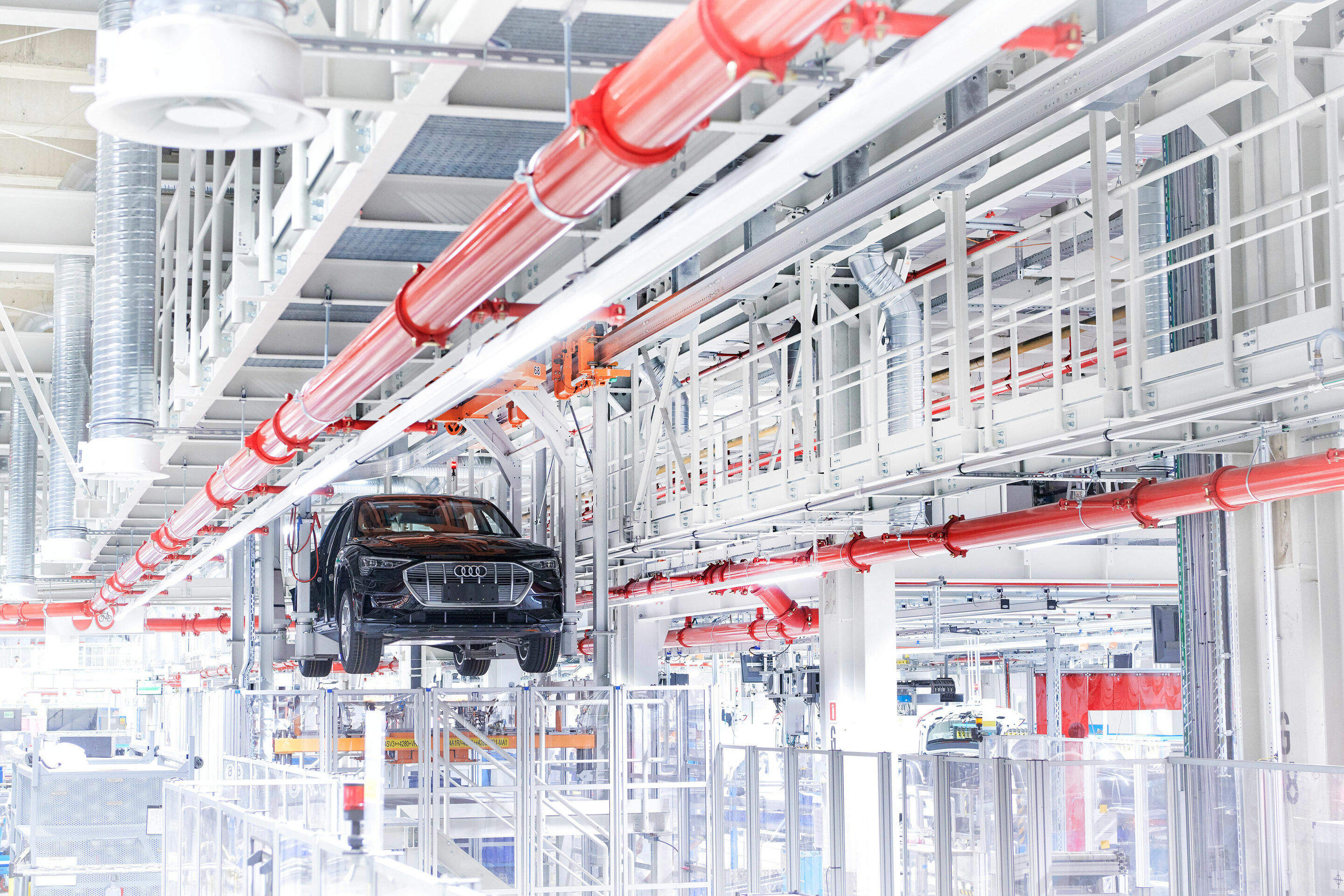 AUDI AG intends to contribute its share to achieving the Paris climate goals. The company has initiated a large number of actions along the entire value chain to support the vision of achieving carbon neutrality on the environmental balance sheet by 2050. All actions to reduce the environmental footprint in manufacturing and logistics are concentrated in the environmental program billed as Mission:Zero. In addition to initial reports of success, there is a strategic plan for how the goal is to be achieved at the Audi locations by 2025, focused on one of the key challenges: a carbon-neutral automobile production footprint. However, the commitment to sustainable manufacturing is not limited to the company’s own sites: As part of the CO2 program, Audi and its suppliers have identified CO2 reduction potential within the supply chain and decided to implement related actions, focused on the production of particularly energy-intensive materials such as aluminum, steel and battery components.
AUDI AG intends to contribute its share to achieving the Paris climate goals. The company has initiated a large number of actions along the entire value chain to support the vision of achieving carbon neutrality on the environmental balance sheet by 2050. All actions to reduce the environmental footprint in manufacturing and logistics are concentrated in the environmental program billed as Mission:Zero. In addition to initial reports of success, there is a strategic plan for how the goal is to be achieved at the Audi locations by 2025, focused on one of the key challenges: a carbon-neutral automobile production footprint. However, the commitment to sustainable manufacturing is not limited to the company’s own sites: As part of the CO2 program, Audi and its suppliers have identified CO2 reduction potential within the supply chain and decided to implement related actions, focused on the production of particularly energy-intensive materials such as aluminum, steel and battery components. -
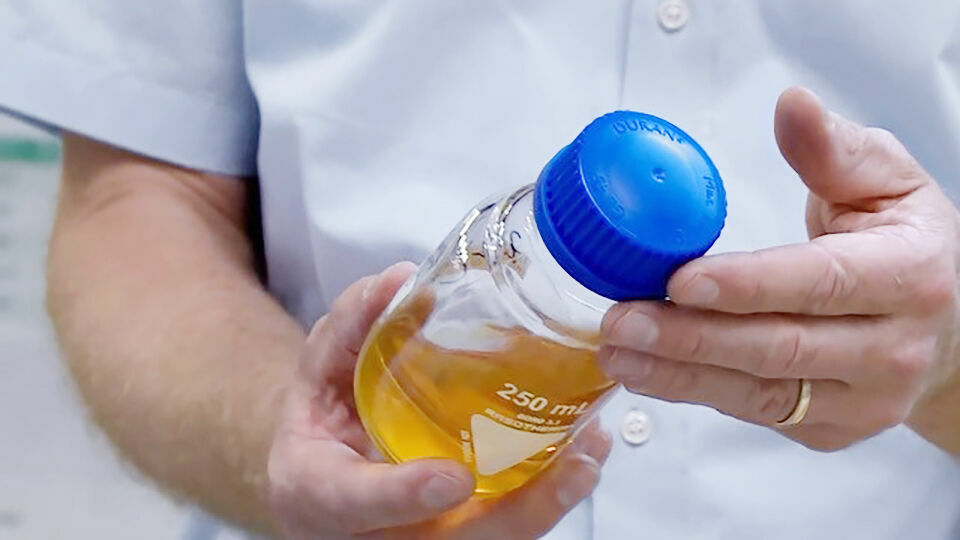 Audi and KIT are working on recycling method for automotive plastics
A large number of components in automobiles are made from plastics. They have to meet exacting safety, heat resistance and quality requirements. That is why, so far, only petroleum-based materials have been suitable for manufacturing plastic components in automobiles that are subjected to particularly intensive wear. Such materials are not recyclable in most cases. Whereas plastics of the same type can often be mechanically recycled, recycling of mixed plastic waste poses a major challenge. Audi and the Karlsruhe Institute for Technology (KIT) are therefore launching a pilot project for chemical recycling as part of the “Industrial Resource Strategies” THINKTANK in order to feed such mixed plastic fractions back into a resource-conserving circular system.
Audi and KIT are working on recycling method for automotive plastics
A large number of components in automobiles are made from plastics. They have to meet exacting safety, heat resistance and quality requirements. That is why, so far, only petroleum-based materials have been suitable for manufacturing plastic components in automobiles that are subjected to particularly intensive wear. Such materials are not recyclable in most cases. Whereas plastics of the same type can often be mechanically recycled, recycling of mixed plastic waste poses a major challenge. Audi and the Karlsruhe Institute for Technology (KIT) are therefore launching a pilot project for chemical recycling as part of the “Industrial Resource Strategies” THINKTANK in order to feed such mixed plastic fractions back into a resource-conserving circular system.

